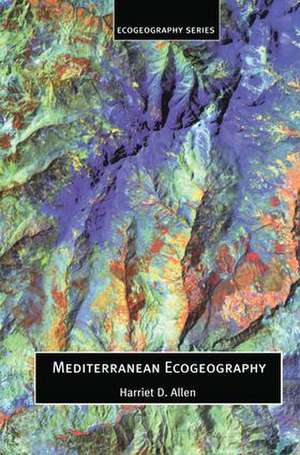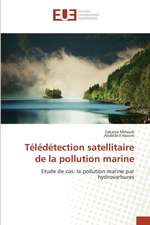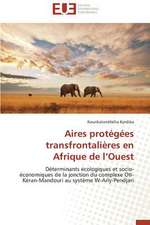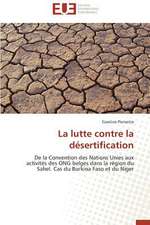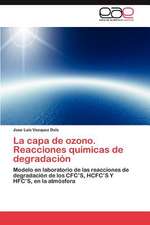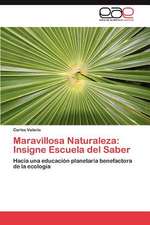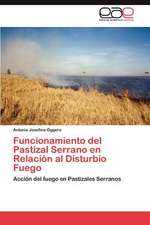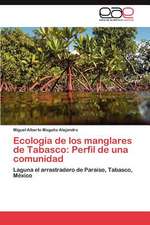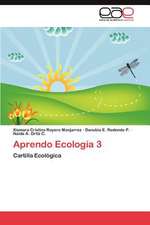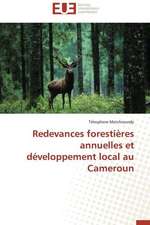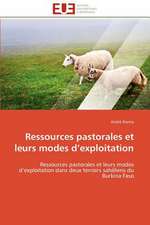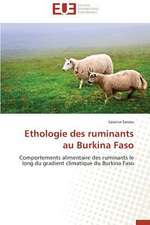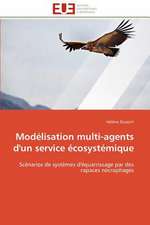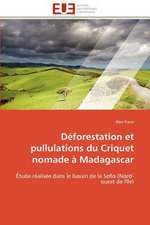Mediterranean Ecogeography: Ecogeography Series
Autor Harriett Allenen Limba Engleză Hardback – 14 dec 2016
| Toate formatele și edițiile | Preț | Express |
|---|---|---|
| Paperback (1) | 462.65 lei 6-8 săpt. | |
| Taylor & Francis – 28 dec 2000 | 462.65 lei 6-8 săpt. | |
| Hardback (1) | 931.20 lei 6-8 săpt. | |
| Taylor & Francis – 14 dec 2016 | 931.20 lei 6-8 săpt. |
Preț: 931.20 lei
Preț vechi: 1493.71 lei
-38% Nou
Puncte Express: 1397
Preț estimativ în valută:
178.18€ • 186.04$ • 147.47£
178.18€ • 186.04$ • 147.47£
Carte tipărită la comandă
Livrare economică 04-18 aprilie
Preluare comenzi: 021 569.72.76
Specificații
ISBN-13: 9781138161191
ISBN-10: 1138161195
Pagini: 286
Dimensiuni: 156 x 234 mm
Greutate: 0.45 kg
Ediția:1
Editura: Taylor & Francis
Colecția Routledge
Seria Ecogeography Series
Locul publicării:Oxford, United Kingdom
ISBN-10: 1138161195
Pagini: 286
Dimensiuni: 156 x 234 mm
Greutate: 0.45 kg
Ediția:1
Editura: Taylor & Francis
Colecția Routledge
Seria Ecogeography Series
Locul publicării:Oxford, United Kingdom
Cuprins
1. The Mediterranean: An Introduction 2. Climate 3. Topography and Drainage 4. Soils 5. Plants and Animals 6. Communities 7. Ecosystems 8. Land Use 9. Environmental Issues and Conservation 10. Appendix 1 - A Note on the Taxonomy of Plants and Animals 11. Appendix 2 - Geological Chronology 12. Appendix 3 - Calibration of the Radiocarbon Timescale
Descriere
A core textbook series that aims to provide students with accessible, up-to-date accounts of Ecogeography - the marriage of ecology with geography - in the primary terrestrial and marine environments. This is the first book in the series on Mediterranean Ecogeography. This text aims to examine and explain this heterogeneity, and the approach is focused on the ecogeography of the region. Analysing the factors which account for the present distributions of plants and animals, and the functioning of ecosystems within the Mediterranean Basin can help in the understanding of the relationship between people and natural ecosystems. A key to the conservation of these ecosystems is the wise use of resources, biological and physical. In addition, it is vital to assess how the natural environments of the region will respond to further change. In the last twenty years, understanding of the functioning of mediterranean-type ecosystems has advanced through several international projects. This book draws upon the findings of these, and other research in the Mediterranean Basin, to present a comprehensive text on a key region of the world, and the problems and prospects of its environmental exploitation.
